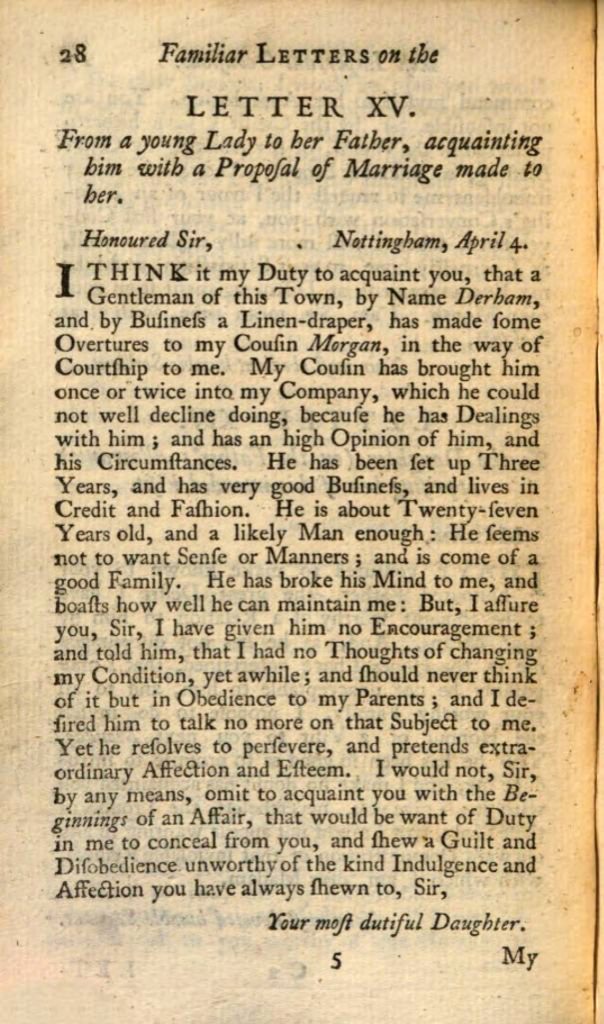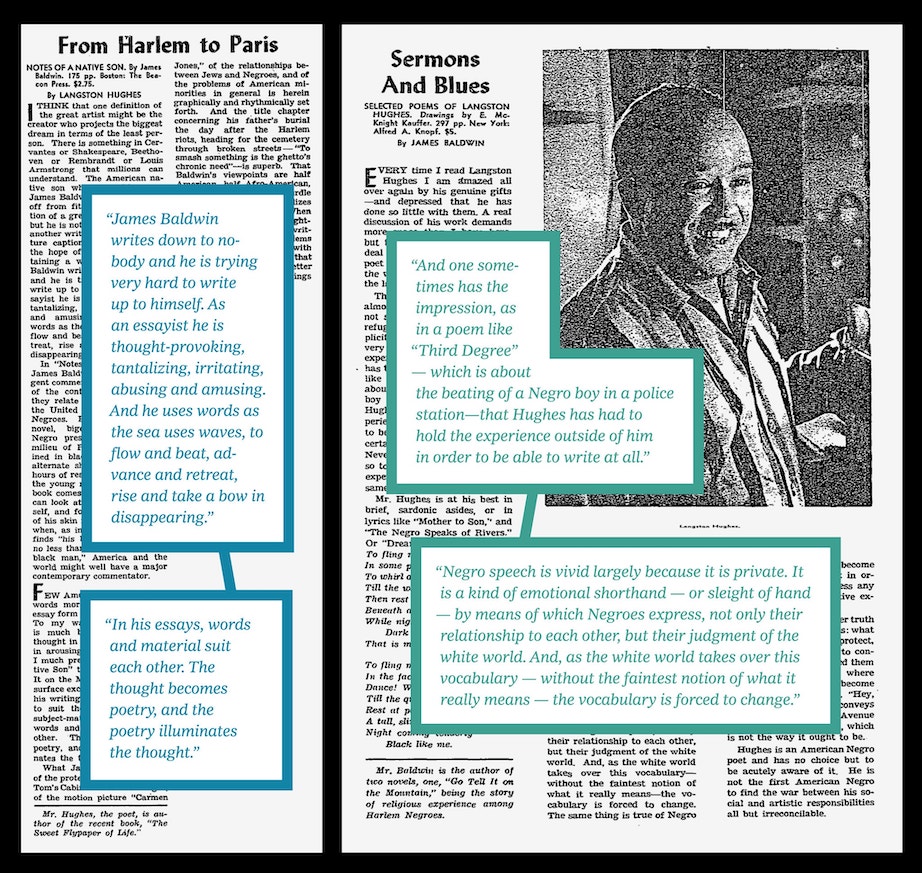a grammatical diversion
Being an inconsistency I too have noted in recent times, I link here to this NYT piece discussing the pros and cons of the adjective “black” as used in respect to race, being elevated, so to speak, to proper noun status; that is, a capitalised “Black”.
Not being one who is at all fundamental on this, though finding the grammar fuzzy, and also very aware of my own inconsistency (see any one of my previous blog entries), I would only say that the German capitalisation of ALL nouns has affected me (or infected me!) over the years and point out that it was, at the very least, a convention of the English language prior to the 19th century. Consider, for instance, the Constitution of the United States of 1787:
We the People of the United States, in Order to form a more perfect Union, establish Justice, insure domestic Tranquility, provide for the common defence, promote the general Welfare, and secure the Blessings of Liberty to ourselves and our Posterity, do ordain and establish this Constitution for the United States of America.
The Constitution of the United States – Preamble

And then of course there are any number of literary examples; at the British Library there are gems in abundance, including this letter-writing manual of sorts from Samual Richardson, with fictional correspondence for all and every occasion, and that was to inspire his epistolary (and scandalous!) 1740 novel, Pamela.
As I say, I have not formed a definite opinion on this matter, but there is, I think, a certain linguistic elegance and SIMPLICITY beyond the political and social arguments parried in the NYT piece – though in this respect, it would be only consequential to extend the Black to include White and Brown (in context). But dare I mention all the Grey areas then open to dispute, and that social groupings (defined by common nouns) beyond those categorised by color (or Color) and sometimes deriving from adjectives and sometime not – eg. g/Gay, q/Queer, m/Migrant, r/Refugee – may have equally valid arguments. This could all lead to Man and Woman and all the subsets thereof, and I don’t know what J.K. Rowling would do with that…, and the Germans don’t know how lucky they are to have avoided THIS argument …but they have their own linguistic conundrum in dealing with matters of “race” – not to mention the little COMPLICATION of giving all their nicely capitalised nouns a GENDER!
continue reading
